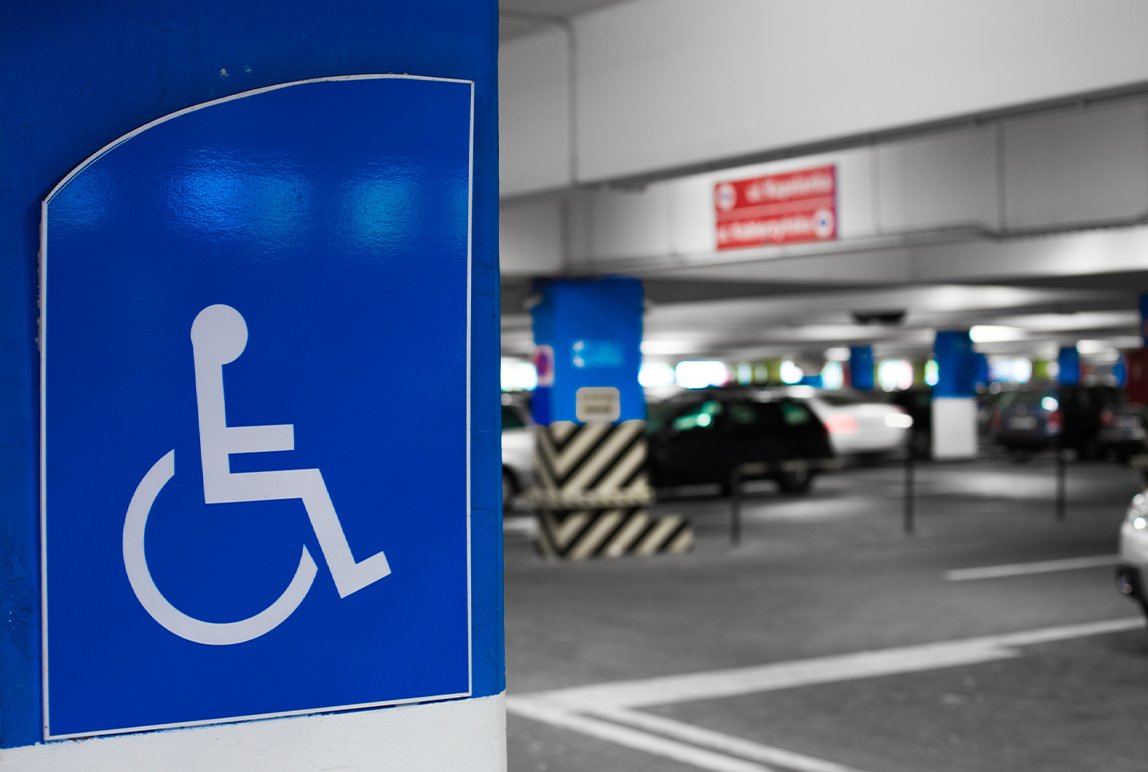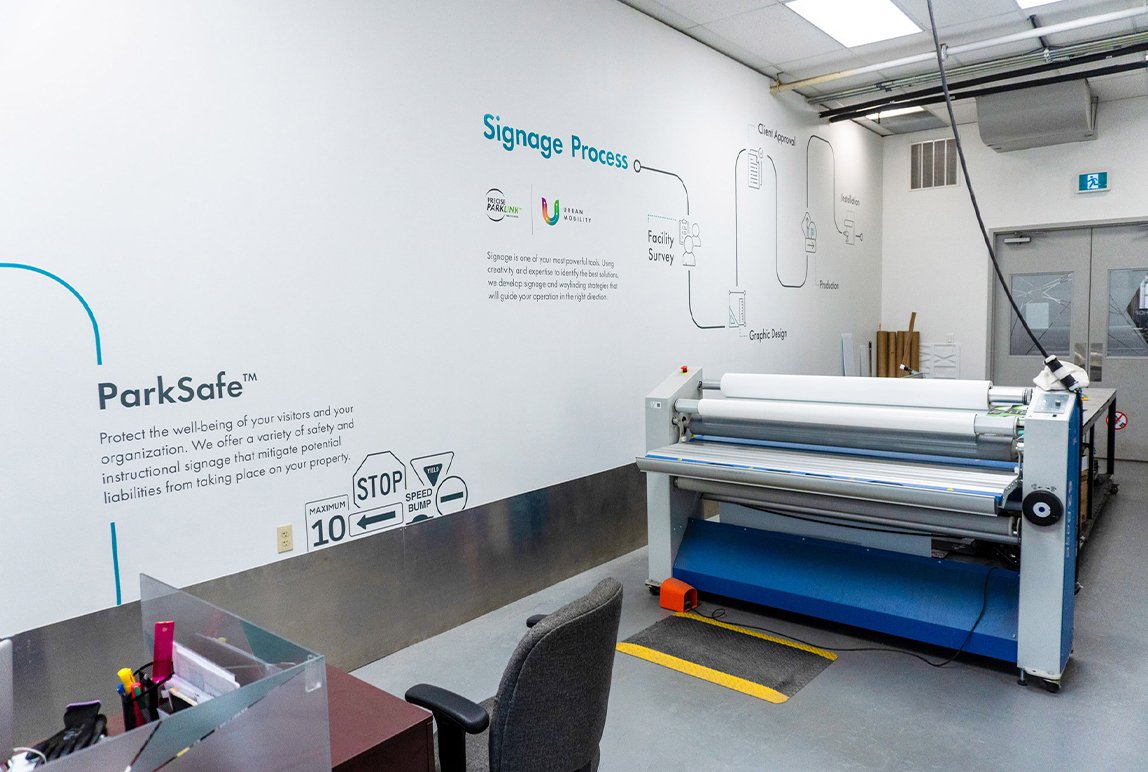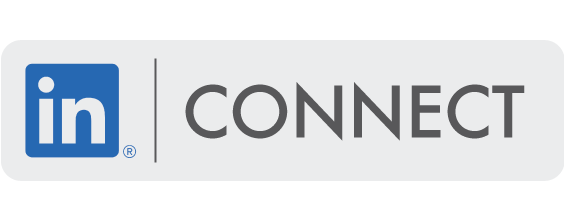What is Parking License Plate Recognition?
Posted: July, 04, 2022 7:00AM ET • 3 min read
When we think about parking, we often associate it with receiving a ticket from a gate or parking meter and paying for our parking duration upon exit. Now, various technologies on the market do more than control access to your facility— and automatic license plate recognition (ALPR) is one of them. So what is automatic license plate recognition, and how is it a key component of any successful parking management strategy?
Automatic license plate recognition is a technology that captures an image of a license plate passing through the camera’s field of view, typically upon entry of a facility. It interprets the alphanumeric characters and compares them to an enforcement database that houses all active paid or permitted plates. This technology can be used in both gated- and non-gated facilities and has two main applications—controlling access with a fixed installation at the entrance and exit of a parking facility and for enforcement, either on a handheld device in lots patrolled on foot or attached to vehicles for larger facilities patrolled by car. When the ALPR system detects a license plate not currently associated with a paid or permitted transaction, it will alert the operator to issue a violation notice.
Automatic license plate recognition systems provide added security and access control. It can also be programmed to understand various lists such as blocklists, notification lists, and access lists with different parameters that will either admit, notify, or prevent a vehicle from entering your facility.
But that’s not all. When paired with a business intelligence platform, you can keep tabs on what is happening in your facility in real-time, allowing you to make strategic decisions with a good understanding of where, when, and how long customers are parking in your facility. This can include anything from the frequency of visits, peak days and times to prime locations and durations. This information can help you devise a dynamic pricing model that satisfies customer needs. ALPR can also offer last-mile possibilities or promotional codes for specific customer groups when paired with mobile parking apps.
Automatic license plate recognition covers all of your bases for streamlining access control, managing enforcement and receiving valuable insights. As parking operations become increasingly frictionless, ALPR should remain top of mind when considering transitioning your parking management strategy.
References
Donatucci, A. (2022, March 18). Enforcement Technology: Automatic License Plate Recognition. Parking Industry. Retrieved June 6, 2022, from https://www.parkingindustry.ca/feature-articles/enforcement-technology-automatic-license-plate-recognition?rq=license+plate+recognition
Sharma, A. (2022, March 18). 8 reasons why LPR needs to make its way into your parking program's budget. Parking Industry. Retrieved June 6, 2022, from https://www.parkingindustry.ca/parking-technology/8-reasons-why-lpr-needs-to-make-its-way-into-your-parking-programs-budget?rq=license+plate+recognition
Lato, L. (2022, March 18). Automatic license plate recognition: A high-level technical overview. Parking Industry. Retrieved June 6, 2022, from https://www.parkingindustry.ca/parking-technology/automatic-license-plate-recognition-a-high-level-technical-overview?rq=license+plate+recognition
Share Article:
Featured Articles
ABOUT THE AUTHOR
Melissa Tucci
Client Relations Manager
Melissa’s extensive experience in a variety of roles with Precise ParkLink has given her a unique perspective on how to effectively navigate Precise ParkLink’s corporate structure to advocate on her clients’ behalf. Melissa’s success in her career with Precise ParkLink so far has been marked by thriving in fast-paced environments and going above and beyond to meet project stakeholders’ requirements. In her present role, Melissa leverages her client service skills and account management experience to act as her clients’ day-to-day point of contact. This entails playing a key role in ensuring that all client accounts are reconciled and paid in a timely manner, and supporting client engagements in the areas of staff training and development, project management, implementation, and scheduling.
Questions?
Fill out the form below and we will do our best to connect you with a suitable contact.













